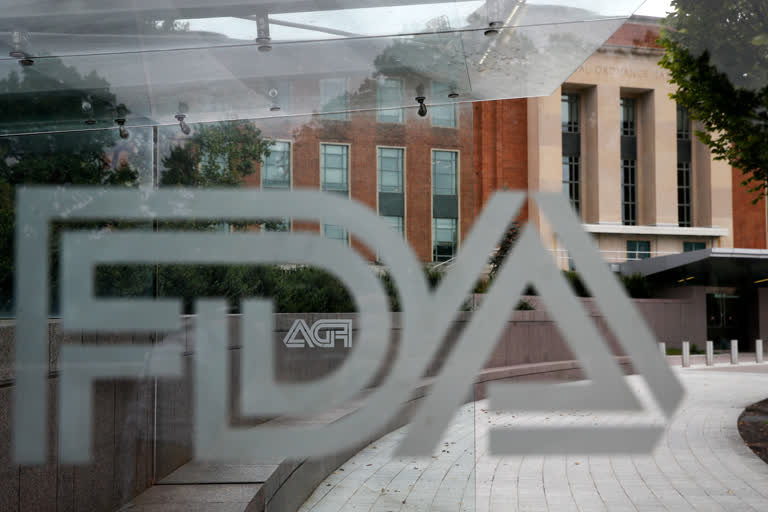Washington: U.S. regulators on Tuesday allowed emergency use of the first rapid coronavirus test that can be performed entirely at home and delivers results in 30 minutes.
The FDA granted emergency authorization to the single-use test kit from Lucira Health, a California manufacturer.
The company's test allows users to swab themselves to collect a nasal sample. The sample is then swirled in a vial of laboratory solution that plugs into a portable device. Results are displayed as lights labelled positive or negative.
To date, the FDA has authorized nearly 300 tests for coronavirus. The vast majority require a nasal swab performed by a health professional and must be processed at laboratories using high-tech equipment. A handful of tests allow people to collect their sample at home — a nasal swab or saliva — that’s then shipped to a lab, which usually means waiting days for results.
Read:|Sputnik V COVID-19 vaccine is 92 pc effective: Russia
Health experts have called for options to allow people to test themselves at home, reducing turnaround times and the potential spread of the virus to others, including health care workers. Rapid test results are critical to quickly quarantining those who are infected and tracing their contacts. But for months, U.S. testing has been plagued by slow results due to bottlenecks as testing laboratories. There are other rapid tests but most require a small, special machine operated by a health professional to develop results
"Now, more Americans who may have COVID-19 will be able to take immediate action, based on their results, to protect themselves and those around them,” Dr Jeff Shuren, director of the FDA's devices centre, said in a statement.
Lucira did not immediately respond to a request for additional details after business hours Tuesday.
The Lucira COVID-19 test grew out of research the company was doing to develop an at-home flu test, according to the company’s website. Lucira adapted its technology to detect COVID-19 after the outbreak.
The test uses technology similar to genetic laboratory-based tests that are the standard tool for COVID-19 screening. That's different than most rapid tests currently used in the U.S., which look for viral proteins called antigens — not the virus itself.
Anyone that tests positive should isolate and seek care from a health professional, the FDA said in its release. Those who test negative but still have coronavirus symptoms should consult a doctor; a negative result does not rule out COVID-19 infection.
